Power
The accumulation of, the acceptance of, and the use of power are all explored in this section. The individual reigns of some monarchs are looked at such as those from the Tudor period, but so are other leaders, despotic and revolutionary. Contemporary issues of the use of power in a democracy are explored are more complex ideas around power through individual actions and movements in history.
Sort by:
Date (Newest first) | Title A-Z
Show:
All |
Articles |
Podcasts |
Multipage Articles
-
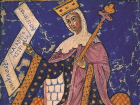
(Un)exceptional women: queenship and power in medieval Europe
ArticleClick to view -
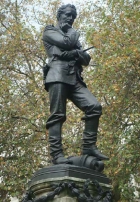
A tale of two statues
ArticleClick to view -
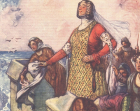
A woman’s place is in the castle
ArticleClick to view -

After the revolution: did Cromwell, Washington and Bonaparte betray revolutionary principles?
ArticleClick to view -
Agincourt 1415-2015
ArticleClick to view -
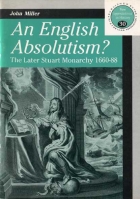
An English Absolutism?
ArticleClick to view -

Anglo-Saxon women and power
ArticleClick to view -

Berlin and the Berlin Wall: on-demand short course
Multipage ArticleClick to view -
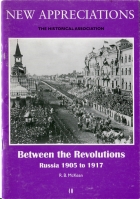
Between the Revolutions: Russia 1905 to 1917
ArticleClick to view -

Bonapartism after Napoleon III: the Prince Imperial and Eugene Loudun
ArticleClick to view -

Capturing public opinion during the Paris Commune of 1871
ArticleClick to view -
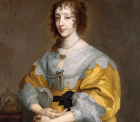
Caroline Court Women, 1625–1669
ArticleClick to view -
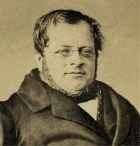
Cavour and Italian Unification
ArticleClick to view -

Czech Uranium and Stalin's Bomb
ArticleClick to view -

Decolonising the Partition of British India, 1947
ArticleClick to view -

Dress becomes her: the appearance and apparel of Elizabeth II
ArticleClick to view -

Edgar Ætheling: what happened to the boy who never became king?
ArticleClick to view -
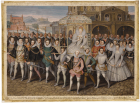
Elizabeth I: ‘less than a woman’?
ArticleClick to view -

Ending Camelot: the assassination of John F Kennedy
ArticleClick to view -

Ending the French Revolution
ArticleClick to view

